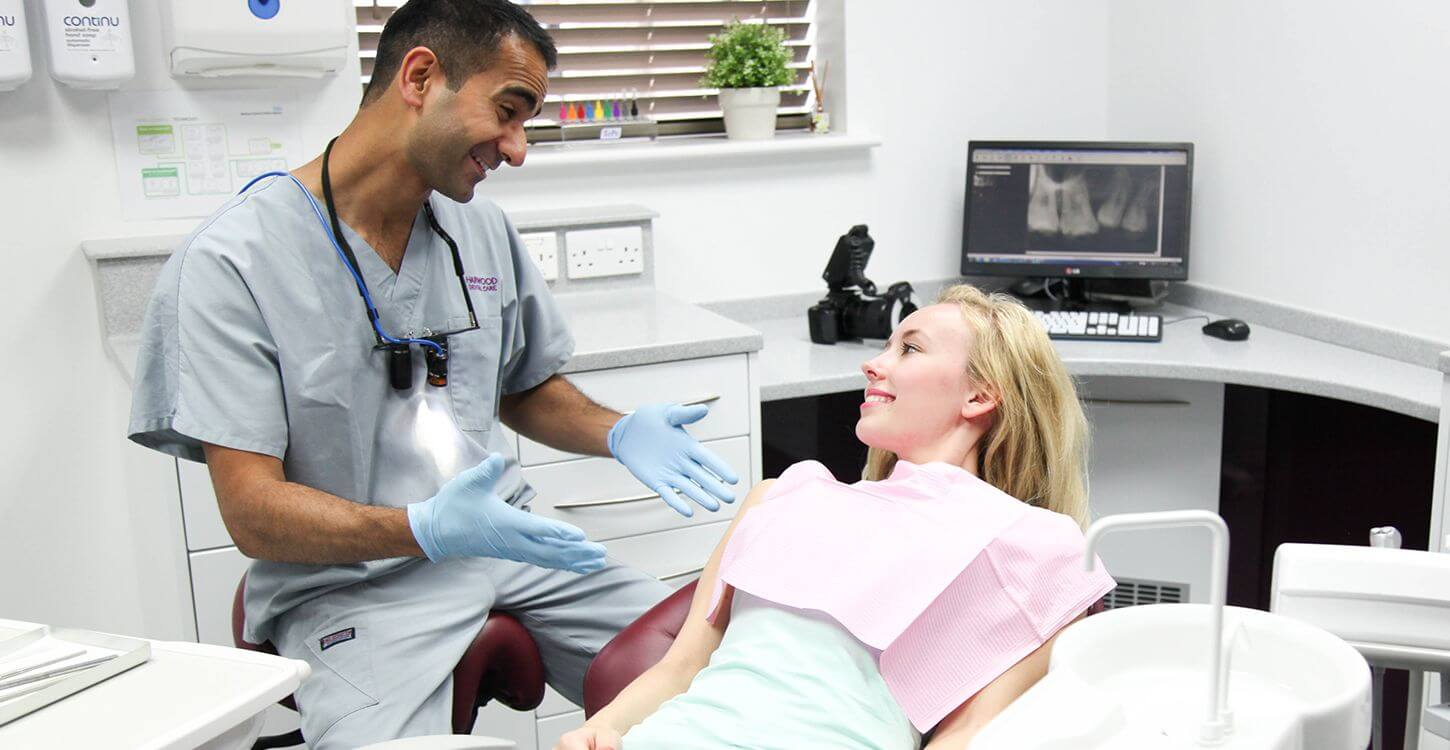Dentures are often recommended if you have multiple missing teeth and need a solution to restore both function and appearance. When many teeth are missing, the lack of support can cause your lips, cheeks, and lower face to lose structure and “cave in,” which may make you look older.
Dentures help fill these gaps, improve chewing and speaking, and restore your natural facial shape. However, whether dentures are the best option depends on your individual situation—other treatments like dental implants or bridges might also be suitable. Consulting a dental professional can help determine the best solution for you.
Full dentures are complete sets of artificial teeth designed to replace all the teeth on either your upper or lower jaw. They are used when all natural teeth in that arch are missing.
Partial dentures, on the other hand, are designed for people who still have some natural teeth remaining. They fill in the gaps left by missing teeth and are typically attached to the remaining teeth with clasps or precision attachments to provide stability and function.
Both full and partial dentures help restore your ability to chew, speak, and smile confidently.
Eating with dentures can take some getting used to, especially in the beginning. It’s normal to experience slight changes in chewing and sensation as you adjust to the new feel in your mouth.
To make the transition easier, start with soft foods cut into small pieces and chew slowly and evenly on both sides. As you become more comfortable and confident, you’ll be able to enjoy a wider variety of foods and return to your regular, healthy diet.
With time and practice, eating with dentures will feel natural.
After tooth loss, the jawbone that once supported your teeth can begin to shrink or lose density because it no longer receives stimulation from tooth roots. This natural process, called bone resorption, can cause your dentures to feel loose or uncomfortable over time.
Loose dentures may lead to irritation, difficulty chewing, and reduced confidence. Initially, using a denture adhesive can help improve fit and comfort. However, it’s important to see your dentist regularly so they can adjust your dentures or provide a new set that fits better as your mouth changes.










